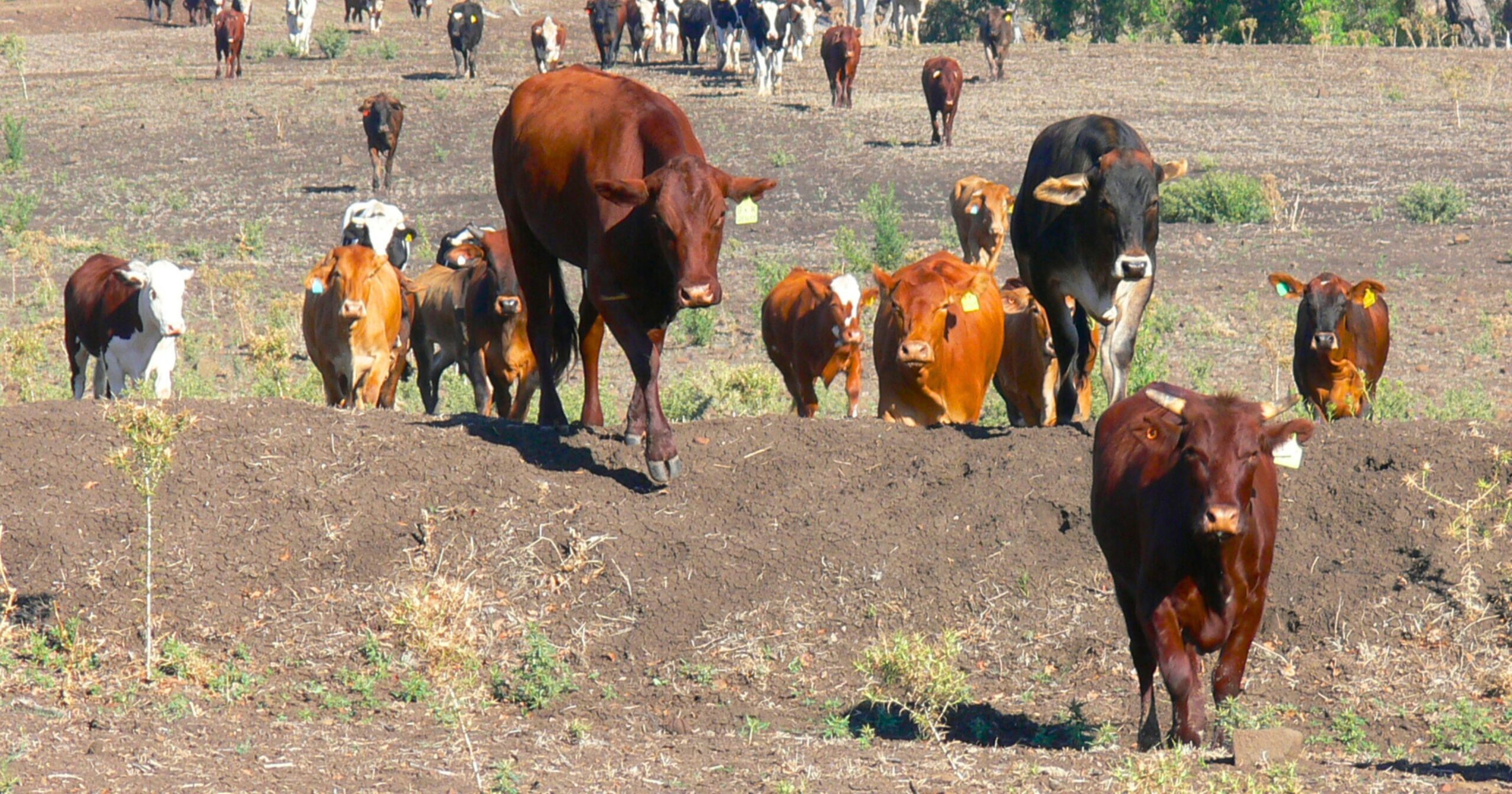FROM THE DESK OF Roland Rocchiccioli
It started in the August of 1914, and they said: ‘It’ll be over by Christmas’.
FEW young men wanted to miss-out on the adventure of – ‘going to war’. For the ANZACs from down-under, the chance to fight for our freedom – and see the other side of the world – was irresistible.
This year we commemorate the Centenary of the end of WWI – the one they called ‘The Great War’. It would be, they said, ‘the war to end all wars.’ It became, and remains, one of the deadliest conflicts in our history. Combined casualties are estimated at around 37-million.
That first Christmas of the War – December 1914 – when the soldiers – stuck in the freezing, muddy trenches took it upon themselves to declare a truce to celebrate the night the Angels proclaimed a boy King overhead – must have been for them a strange Christmas. Almost the entire world was locked in a deadly struggle. Nations advanced upon each other, and with the most terrible weapons science could devise.
Pope Benedict XV begged for an official truce between the warring governments. He pleaded, “That the guns may fall silent at least upon the night the angels sang.” His attempt was officially rebuffed. While the Pope’s words may have fallen on fallow ground, the power of the simple tune of the universal Christmas carol, ‘Silent Night’, caused a World War I battle to temporarily cease as British and German soldiers sang of “heavenly peace”; they ventured, tentatively, into No-Man’s Land to exchange gifts, to shake hands, play football, and to briefly share their dreams and aspirations for peace following war.
The soldiers’ truce – which was a gesture of hope, and lasted for as long as a week in some trenches – was something of a revelation. Tommy discovered – despite what they’d been told – that Fritz wasn’t really all that different. Incredulously, some of the Germans spoke English. The army command was less enthusiastic, and branded the truce as treasonable.
Co-incidentally, one-hundred years ago this Christmas Eve, the enduring carol ‘Stille Nacht, Heilige Nacht’, or, as we know and love it, ‘Silent Night’, written by Father Mohr, an assistant parish priest, and composed by the organist, Franz Gruber, was sung for the first time in the tiny parish church of St. Nicholas in Oberndorf, in a snow covered valley in the southern province of Salzburg. As the two men, backed by the choir, stood in front of the main altar and sang ‘Silent Night’, they had no inkling of the impact their simple composition would have on the world – and for all time hence.
For Australia and New Zealand, the Great War will be associated, always, with the ill-conceived, and ill-fated, landing at Gallipoli.
The true encounter of a Turkish and an Allied Officer in the field-of-battle should be an example for all of us, as the world struggles with the problem of 60-million asylum seekers.
A Turkish soldier, looking through the sights of his gun, spotted an Allied soldier lying in No-Man’s Land. He was still alive.
The Turk wanted to shoot him. His Commanding Officer refused to give the order.
Instead, the Turkish officer picked up a piece of white cloth and tied it to the bayonet of his rifle. He raised it into the air and waved it as a truce flag.
The Allied Commanding Officer told his men to hold their fire and: “See what they were up-to.”
The Turkish Officer stood-up; drove the bayonet of his rifle into the ground; put his hands in the air in surrender, and started to move forward, slowly.
The Allied soldiers were suspicious but held their fire.
The Turkish officer walked into No–Man’s Land, and bent down to the wounded soldier, who pleaded for help to save his life: “Johnny”, he said. “Ben yardim için gelin var.” (I’ve come to help.)
Whereupon the Turkish Officer picked-up the wounded soldier and carried him in his arms towards the Allied trench. The Allied Officer took-out a white handkerchief and waved it as he climbed-out and went to meet the enemy. They stood facing each other in No-Man’s Land.
The Turk placed the wounded soldier into the arms of the other man. They stood staring at each other for a moment.
Neither of them moving. The Turkish Officer touched the head of the wounded man, saluted his fellow Officer, then turned and strode back to his trench. The Allied Officer watched him for a moment, then turned and carried the wounded soldier back to his trench.
Lest We Forget.
Roland can be heard each Monday morning on 3BA at 10.30am.



















